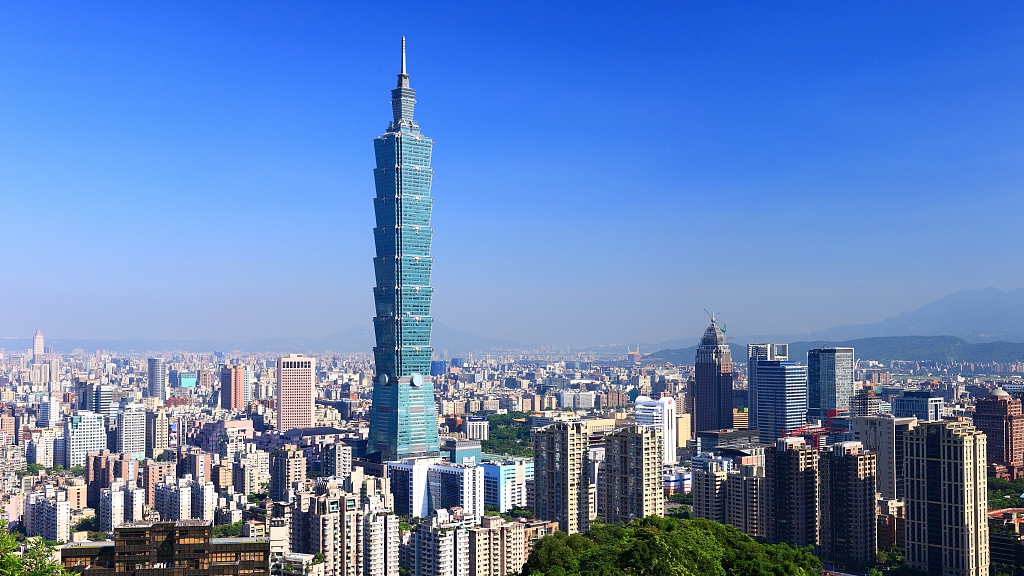By Kong Qingjiang
There are some media reports that U.S. House Speaker Nancy Pelosi will visit China's Taiwan Province in August. If that happens, it would push the relationship between Washington and Beijing to a new low. China's Foreign Ministry has said Pelosi's visit would "severely impact the political foundation of China-U.S. relations" and "firm and resolute measures" would be taken.
Though the measures haven't been spelled out, what is certain is that the warning is no bluff.
What could happen if Pelosi finally does make the visit?
First, it could trigger the application of the Anti-Foreign Sanctions Law (AFSL). Passed last year, the law allows China to respond with counter-sanctions.
Taiwan is part of China, and any official relation between a foreign government and the Taiwan authority is a violation of the sovereignty and territorial integrity of China. From the legal point of view, Pelosi's visit would be "in violation of international law and basic norms of international relations" and constitute "interference in China's internal affairs," which could trigger the countermeasures mandated by the AFSL.
Once the law is applied, individuals and organizations that have directly or indirectly participated in the formulation of discriminatory restrictive measures by foreign governments, or the decision to do so, or in their implementation would be subject to countermeasures.

The Taipei 101 skyscraper commands the urban landscape in Taipei, China's Taiwan. [Photo/Xinhua]
In addition, the countermeasures could also be extended to others such as the spouse and direct relatives of the individuals; senior executives or actual controllers of the organizations and organizations actually controlled by individuals or organizations subject to the countermeasures.
Pelosi herself, her immediate family members, and even certain key political figures in the U.S. Congress could be subject to sanctions. They range from denial of visa and entry, deregistration of visa or deportation, seizure or freezing of movable, immovable and other types of property within the territory of China, to prohibition or restriction on organizations or individuals within the territory of China from conducting transactions. And there could be other sanctions as well.
Second, China has made it clear that reunification of Taiwan with the Chinese mainland is one of its top priorities and it will "do whatever it takes" to prevent secession. This political determination guided the Anti-Secession Law (ASL) adopted in 2005, which says in the event there is any major incident leading to Taiwan's secession, "non-peaceful means and other necessary measures" shall be used to protect China's sovereignty and territorial integrity.
Unfortunately, under the Democratic Progressive Party's authority in Taiwan, the situation across the Taiwan Straits has been worsening. The Chinese People's Liberation Army (PLA), which is constitutionally responsible for ensuring the unification of the country, has been regularly dispatching aircraft and ships to monitor the situation in the Taiwan Straits.
Should Pelosi's visit happen, it would be the highest-level engagement between U.S. officials and separatist forces in Taiwan, and would send a strong signal of support for the "Taiwan independence" they advocate. In the extreme eventuality, such a visit could incite the separatist forces to attack PLA patrolling planes or ships, a possibility that can't be ruled out.
Even if Pelosi cancels the trip – again, the United States must make its official position on its "one-China policy" clear. It must also make a clear choice: Fulfill its international commitments to China or support "Taiwan independence" recklessly.
Kong Qingjiang is Dean of the School of International Law at China University of Political Science and Law.

 中文
中文



